12 behaviors that humans and animals unknowingly share
Categories: Animals | Lifestyle | Nature | People | Positive | Psychology | Society | World
By Vika https://pictolic.com/article/12-behaviors-that-humans-and-animals-unknowingly-share.htmlPrairie dogs, like humans, speak their own language. Not only that, animals can be jealous too! Certain species in the animal kingdom share many human habits with us. In this article, we will discuss some of them with you.
We at Pictolic have collected 12 interesting behaviors common in humans and animals, and we want to share them with you.
12 PHOTOS
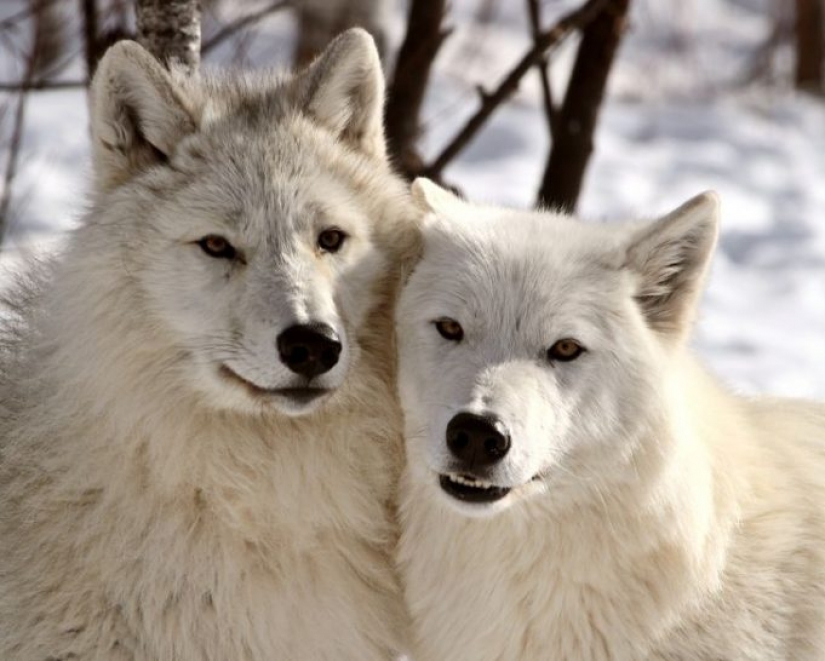
1. Wolves are lonely too.
Feeling lonely is something wolves have in common, but they express it a little differently with their howls. It can have different meanings, but one of those meanings that we find very interesting and reminding us of ourselves is how their howl can be just a message that says, "I miss you" to their partners, friends, or even a flock.
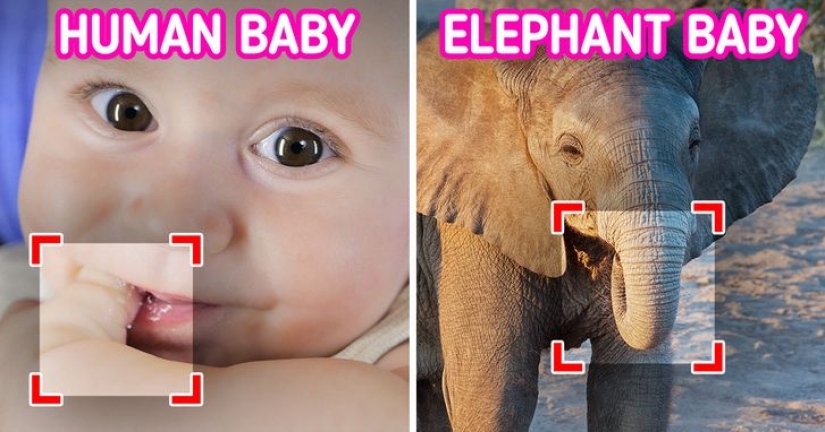
2. Baby elephants are like human babies.
Well, it turns out, just as babies love to suck their thumbs for comfort, so do elephants, but instead of their thumb, they use their own trunk.
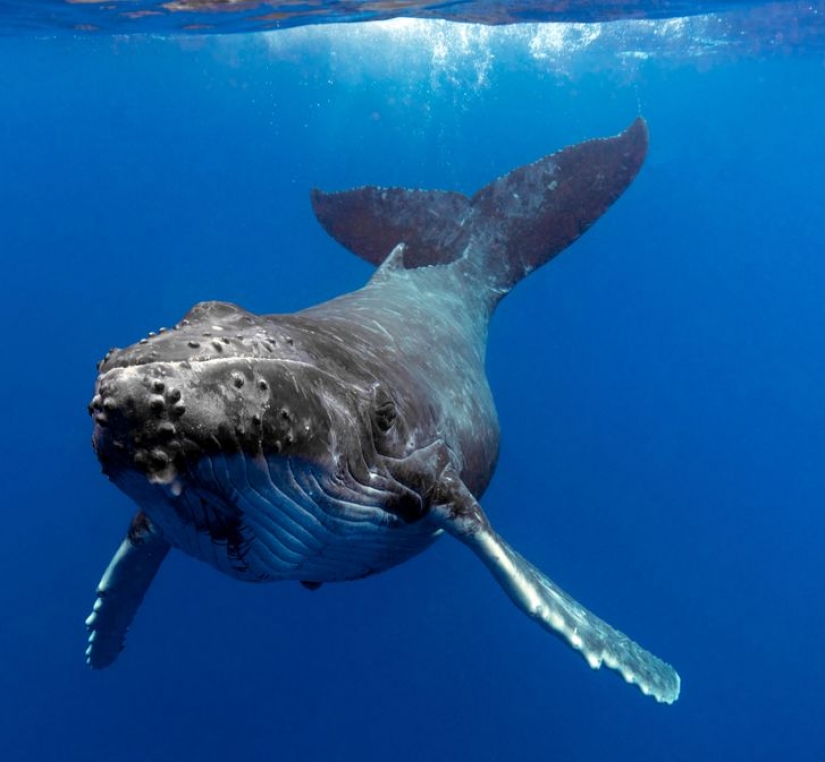
3. Whales are popular singers.
The whales sing and some of them are really capable of singing popular songs. Their musical production spreads across the ocean, and although sometimes their songs change, the theme of their songs remains the same.
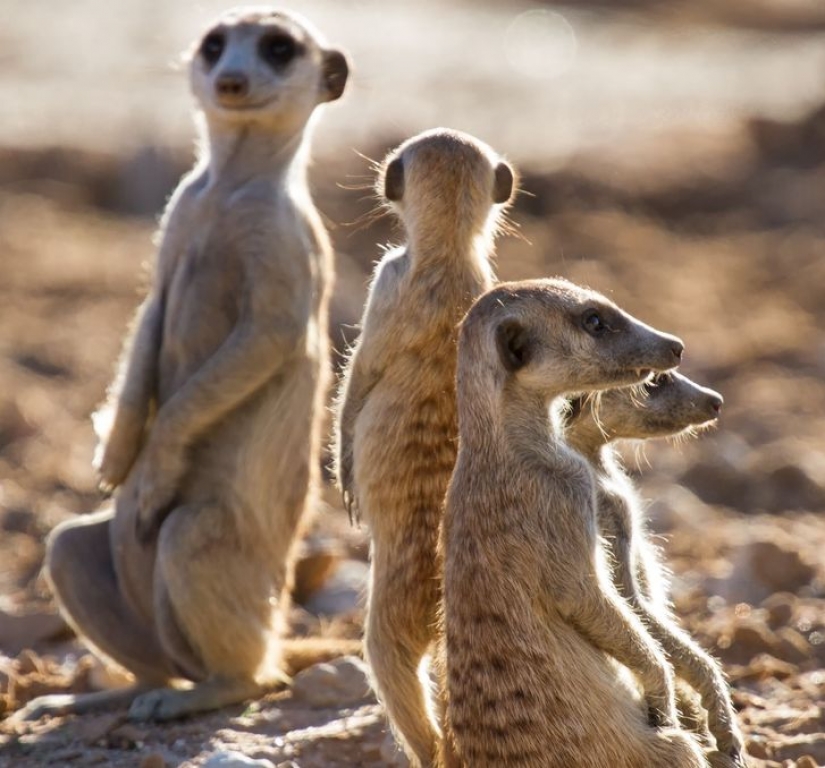
4. Animals can develop irrational fears.
You may have a fear or two and cannot really explain why it exists. Animals also have some fears that don't make a lot of sense. They exist in them because of the latent threat of predators.
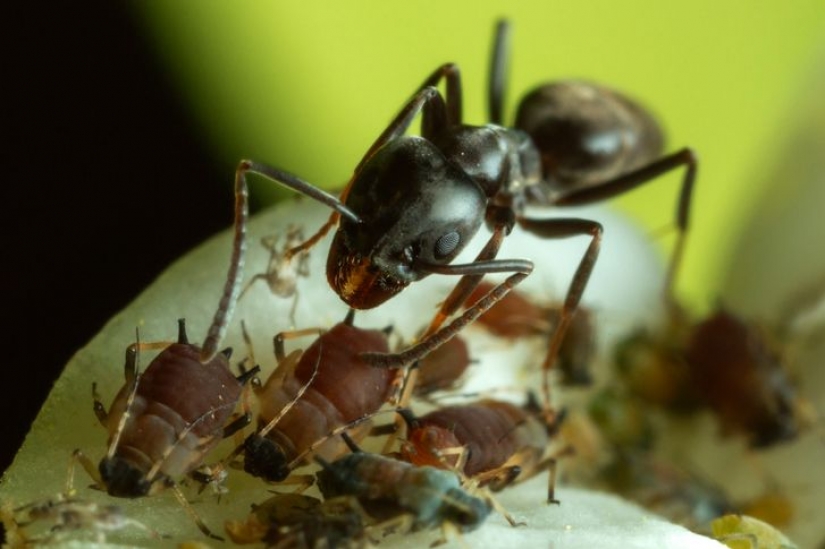
5. Ants are farmers and they also keep pets.
Ants keep aphids as pets. They keep them close because they are a good source of food. But they don't eat them, they eat their secretions, as they are sweet and good for ants.
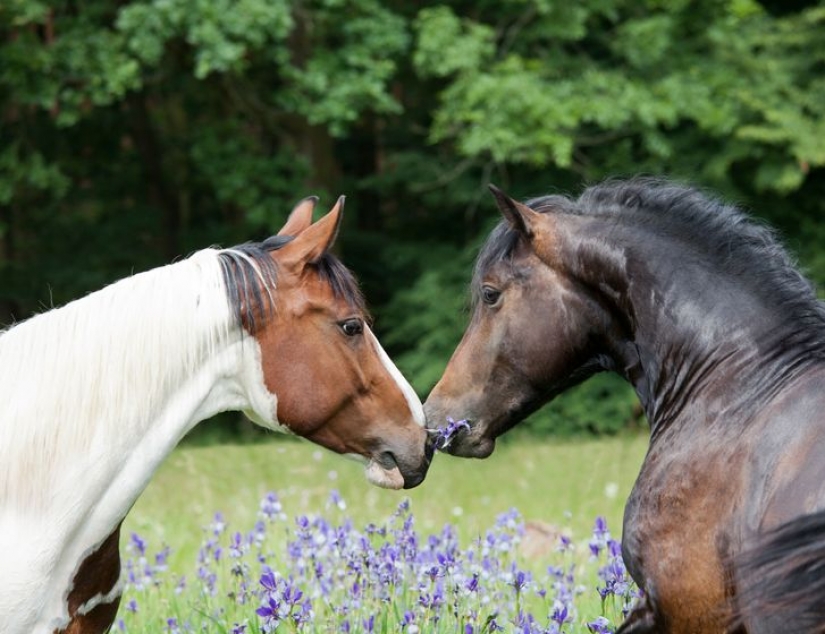
6. Animals can fall in love.
Research has shown that animals have a hormone that allows them to fall in love. The percentage of this hormone in their blood rises after interacting with people or their animal friends, which proves that, like us, they can give a lot of love.
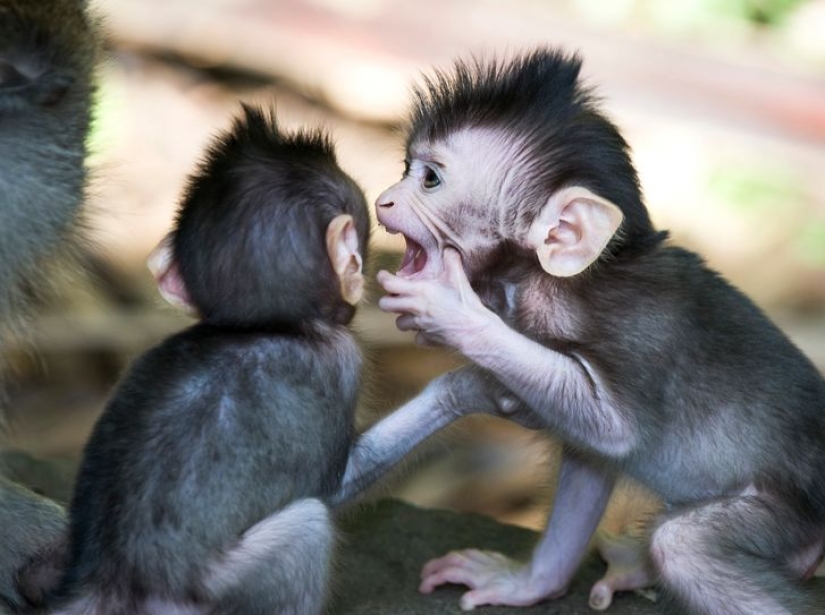
7. Monkeys can talk to each other using their rich vocabulary.
Studies have shown that the cry of monkeys does contain a lot of information. They can also change the meaning of their communication by linking different calls together. They do this when they need to talk to their primate friends about many different threats, such as an approaching group of rivals, or perhaps even a fallen tree.
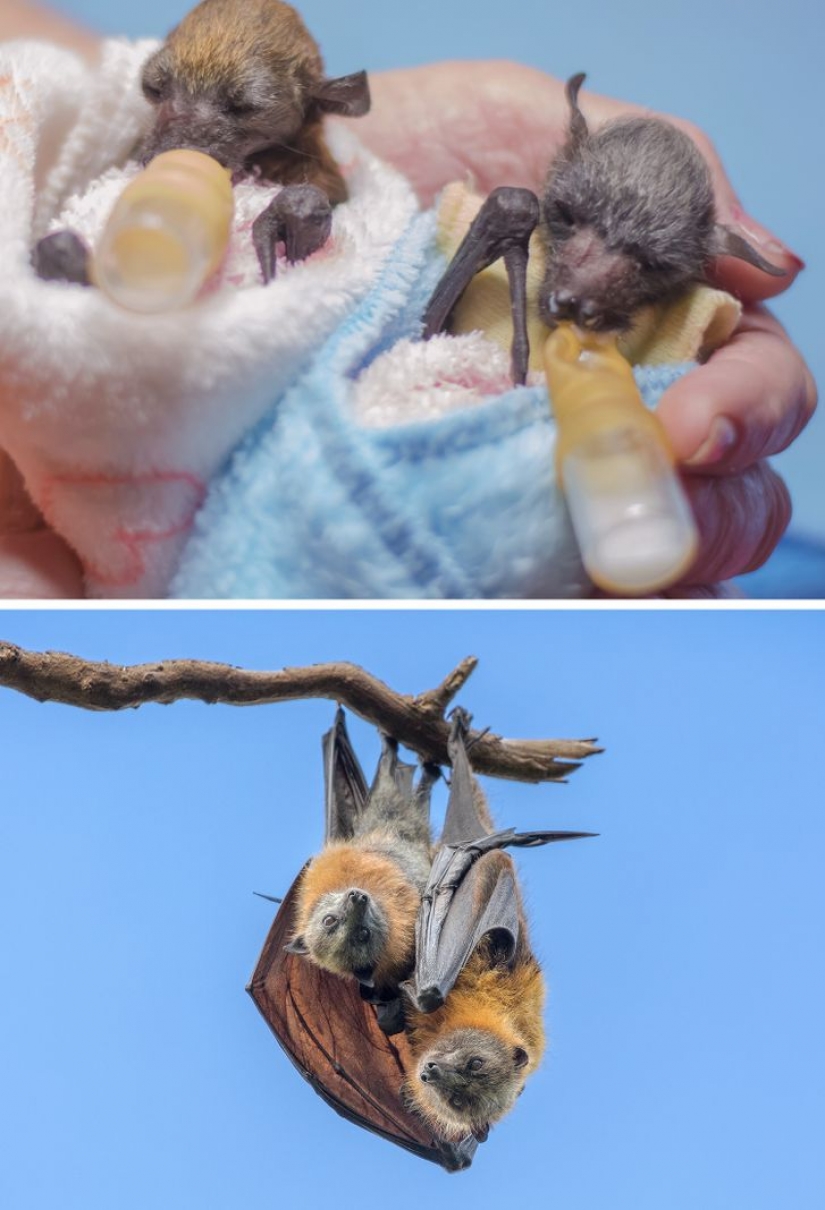
8. Bats love to be swaddled with blankets, just like human babies.
When bats become orphans, rescuers use tiny blankets that mimic the warmth of their mother's wings. Babies are wrapped in blankets in the same way.
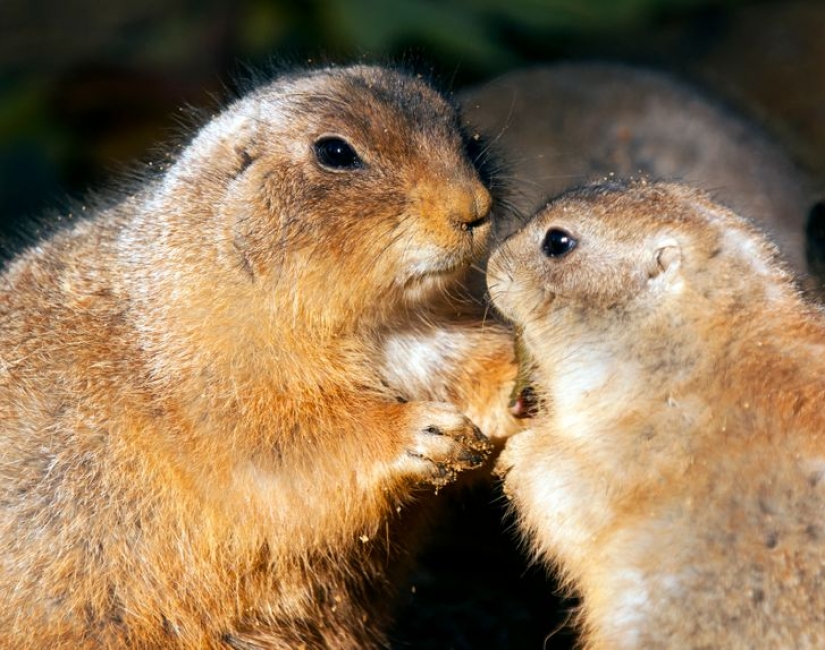
9. Prairie dogs also use language.
The professor at Northern Arizona University has spent the last 30 years of his life researching prairie dog communication. He believes that their sounds can distinguish very specific features of what they describe. For example, if a short man in a yellow shirt walks by, the cry of a prairie dog will be different from, say, yelling at a tall man in a blue shirt.
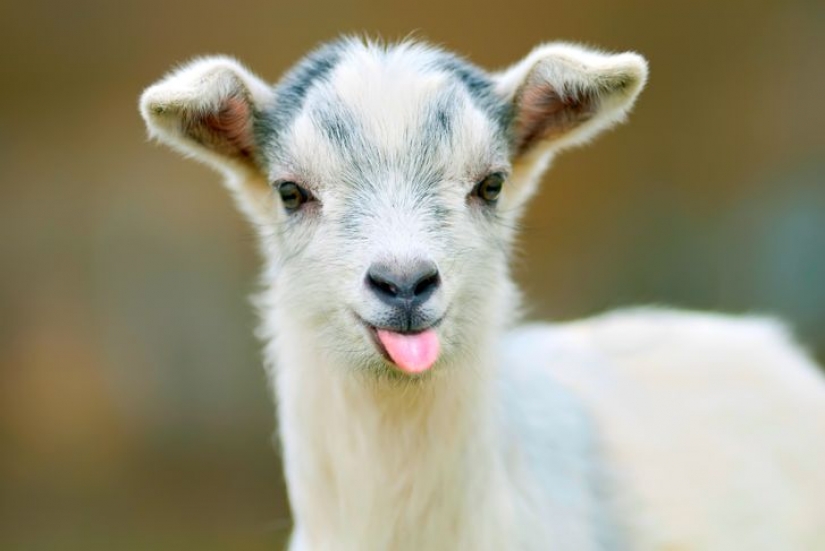
10. Goats develop an accent.
Like humans, goats change "accents" according to their social group. This happens to some of us as well. We may have spent too much time with a friend of ours who has a different accent than ours, and we begin to pick up the words and sentences they use and enter them into our own vocabulary. Goats also do the same, only instead of using words, they do it with their cries.
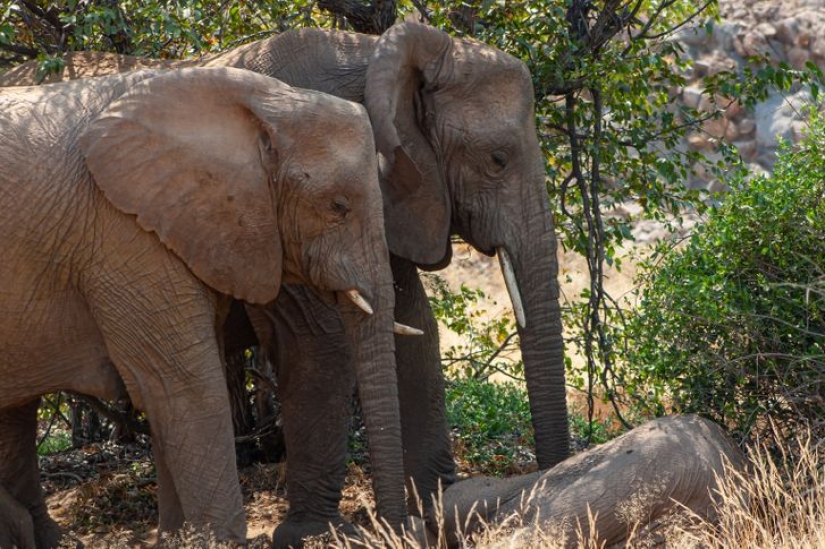
11. Elephants also have funerals.
Elephants grieve like humans and hold funerals. When one of them dies, many elephant families often visit his body in the following days. They also sniff and poke the body, sometimes even touch it with their feet. They are as emotional beings as we are.
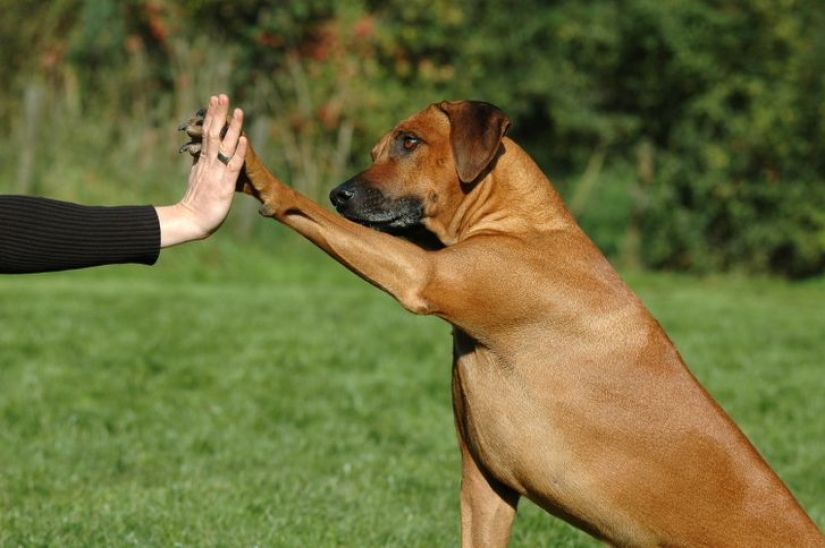
12. Animals are jealous.
Jealousy exists in primates and dogs, as well as in any animal that can understand this emotion.
Keywords: Animal | Nature | People | Human | Familiar | Familiar behavior | Habits | Phobias | Psychology | Collection | Information | Facts
Post News ArticleRecent articles

We present you a selection of amazing beaches — but today these are not standard holiday destinations, but really unusual places. ...

Aerial photographer cronista johnny Miller demonstrate dramatically the gap between rich and poor in cities of South Africa, Mexico ...
Related articles

We present you a selection of amazing beaches — but today these are not standard holiday destinations, but really unusual places. ...

It's hard to believe, but these places really exist on our planet. This is not someone's sophisticated fantasy, well, except for ...

Sometimes we really fall into a stupor when we meet really cool people that nothing can be deduced: pouring rain on the verge of ...

On April 22, 1923, Bettie Page was born in Nashville, who became a sex symbol throughout the country in the middle of the century. ...